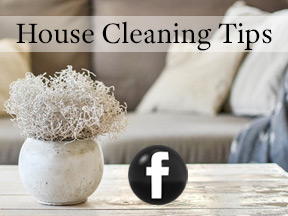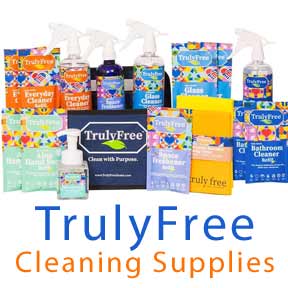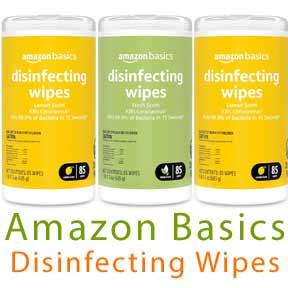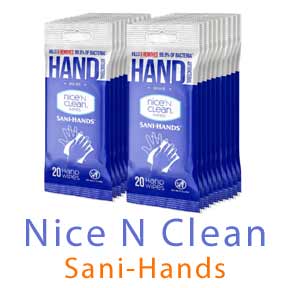Natural Cleaning Products
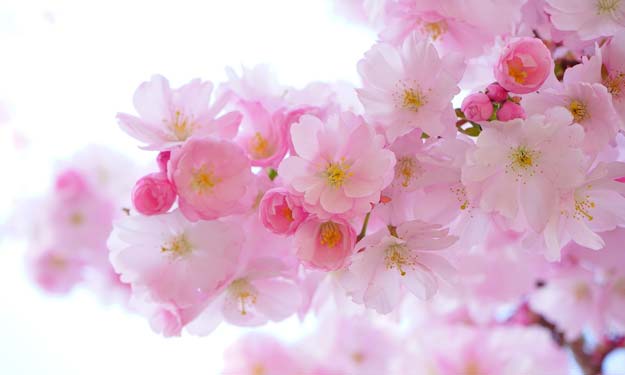
Cleaning Naturally Around the Home Using Simple Ingredients.
Earth Friendly Cleaning Around the House
More and more consumers have become aware of the impact that chemical laden products have and the harm they can do to the environment. Cleaning a home with these products is merely introducing more toxins into your surroundings that not only harm the earth but can cause health issues for you and your family.
Are you looking for ways to ditch the chemicals and clean with more natural products? People have been cleaning naturally and effectively for centuries so why can’t you? And it’s not difficult and it’s cost effective plus you’ll feel better when cleaning your house.
When Life Gives You Lemons, Use Them to Remove Stains
We use lemons for drinks and food garnishes, but are they an effective stain remover? Lemon juice can help brighten whites and work to remove some stains and they do add a nice fresh lemony scent but it may be easier to use other bleach alternatives such as hydrogen peroxide, vinegar or baking soda.
Fresh lemon juice is the way to go instead of using the bottled form you buy in the store as those contain additives but fresh lemons require cutting and juicing which can be time consuming and not really cost effective (compared to the alternatives) as you would need to juice three or four lemons per load.
If you want to try lemon juice yourself to see how it works on whites, below are a few options.
Using Lemon Juice in the Washing Machine
For brighter whites and fresh smelling laundry:
- Add laundry detergent to dispenser.
- Start washing machine to fill tub with water.
- When 1/2 full of water, add 1/4 cup to 1/2 cup lemon juice (depending on size of load)
- Add whites and wash as usual.
Soaking Dingy Whites in Lemon Juice
Sometimes our whites just get dingy looking over time or they were accidentally washed with darks:
- In a large mixing bowl combine 3/4 cups boiling water and 1/2 cup fresh lemon juice.
- With a clean pair of thick kitchen gloves on add white clothing to mixture and saturate item (you can also use a clean spatula to saturate item, just be cautious as water is hot).
- Let sit 45 to 60 minutes.
- Wash as usual.
Removing Fresh Pasta Sauce Stain with Lemon Juice
Who doesn’t love a fresh noodle dishes with pasta sauce? And how many times has it made its way to the tablecloth and/or napkins?
- Cut a lemon in half.
- Remove any clumps of pasta / pasta sauce.
- Turn stained area over and from the back side squeeze lemon juice over the stain then rub the lemon around the stain. Repeat until you see the stain is being removed.
- Rinse under water and if any stain remains squeeze more of the lemon juice then sprinkle salt over the remaining stain and rub the lemon over that.
- Rinse and stain should be gone. Wash as usual.
Just remember with any stain removal process you use, do not put clothing items in the dryer until you know the stain is gone as the heat from the dryer can permanently set the stain.
How to Cleaning and Remove Stains from Countertops
There are so many varieties of materials used to make countertops today you may be confused as to which method is best for the type of countertop you have in your kitchen.
Cleaning and Removing Stains from Wood Countertops
Wood countertops are vulnerable to warping and cracking if not cared for correctly, therefore they should be sealed for protection and one option is to use food grade oil or wax.
To clean these types of countertops, clean as needed throughout the day with nonabrasive cleaners such as warm water and a touch of white vinegar and always wipe dry. If there is any stuck on food residue, gently use a spatula to remove prior to cleaning.
To remove stains, sprinkle with salt and gently use half a lemon to rub over the stain. Remove the salt and lemon juice with water and white vinegar as mentioned above.
Cleaning and Removing Stains from Marble and Granite Countertops
For these types of countertops do not use anything abrasive or acidic to clean or you risk permanently damaging or etching the stone. Marble and granite are tough but they do need to be resealed regularly to protect them from stains and scratches.
For everyday cleaning all you need is a touch of mild dish soap mixed with warm water. Dry with a microfiber cloth.
To remove oil based stains make a paste of baking soda and water. Apply the paste to the stain then cover with plastic wrap and tape down edges. Avoid putting anything on this area as it will need to sit overnight (possibly longer depending on the stain). When finished, rinse off the paste, repeat if necessary then clean with mild dish soap and warm water, wiping dry when finished.
To remove water based stains follow the steps above only make a paste of baking soda and hydrogen peroxide.
Spot test in an inconspicuous place first to make sure these methods don’t affect the finish or color of the stone.
Removing Burned Food from Pots and Pans
Burnt pots and pans are never a fun thing to clean. I thought it was a good thing when my kids took an interest in cooking and that it would give me a little more time for other things. I was so incredibly wrong. They may like to cook but I spend more time in the kitchen cleaning and removing burnt food out of the pots and pans.
Cleaning with Coarse Salt
One natural way to clean pots and pans is with coarse salt. It works like a charm.
- Rinse the pot out to remove any loose debris.
- Pour a cup of water into the pan and slowly bring to a boil.
- As it starts to boil, use a spatula to loosen bits of burned food. When finished dump contents down the drain.
- Sprinkle the bottom of the pan with coarse salt.
- Cut a lemon in half and scrub away.
Cleaning Burnt Food from Non-Stick Cookware
After removing as much food and debris from the pan as possible then add a layer of warm water to the pan and sprinkle with baking soda and make a paste. Scrub gently with a sponge or nylon brush that is safe for non-stick surfaces. Let this sit overnight, gently scrub again and rinse. Repeat if necessary.
Removing Soap Scum
Soap scum is one of most people’s biggest pet peeves. It seems to get noticed especially when you are getting ready to step into the shower and find that icky ring around the tub. Don’t worry, arm yourself with this natural method to clean the shower and tub and keep it clean.
Note: Do not use on granite, marble or any natural stone as it contains vinegar which is slightly acidic and can damage the stone.
- In a spray bottle mix together a 50/50 solution of white vinegar and water.
- Spray the soap scum and surrounding area well.
- Use a scrubby pad or scrub brush to clean the area.
One proactive approach to keep soap scum at bay is to keep a squeegee in the shower and wipe down walls and tub area when finished. In between regular cleanings this disinfectant cleaner can be used prior to getting in the shower to keep the area clean.
Natural and All Purpose Cleaner Recipe
This is a very easy recipe to make and only takes a few ingredients. I use this for basic cleaning up of messes on counters, floors, cabinets, doors, light switches and the like. This is not a disinfectant cleaner, just a basic all purpose cleaner.
Mix together one teaspoon each of borax and liquid castile soap, then add in a half teaspoon of washing soda and 2 cups warm water. Gently stir to combine all ingredients. It’s optional but you can add in about 15 drops of your favorite essential oils for a nice clean scent. Pour into a spray bottle and label.

